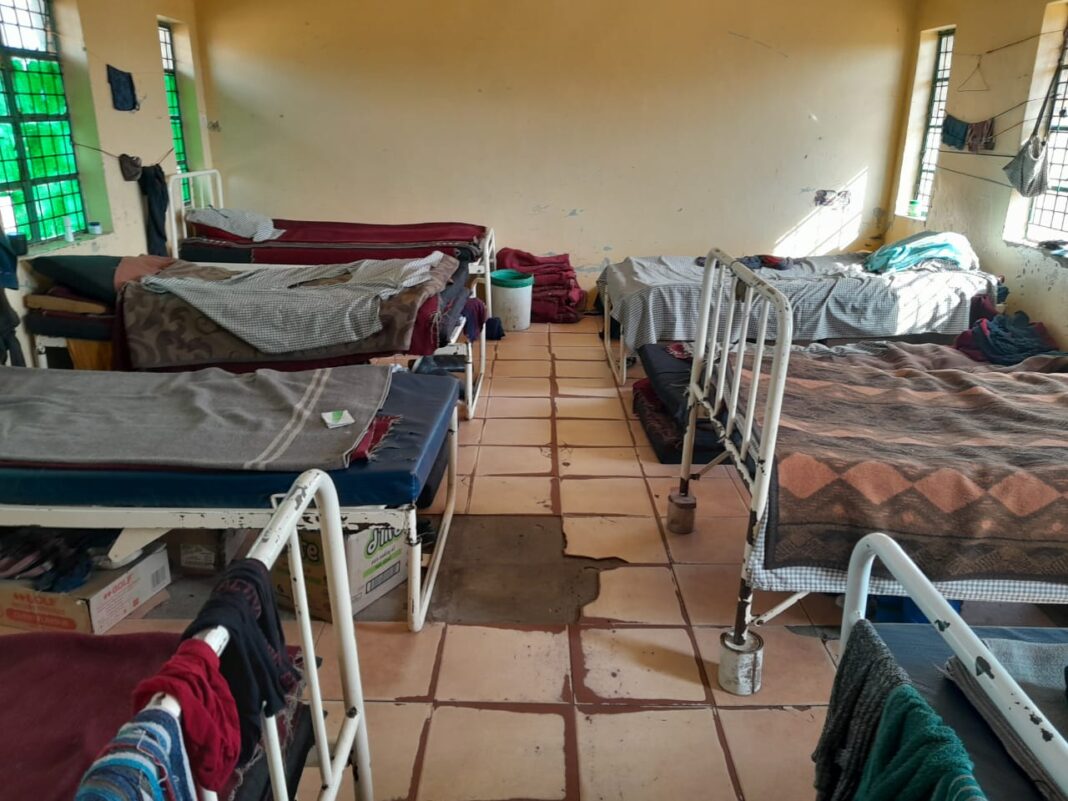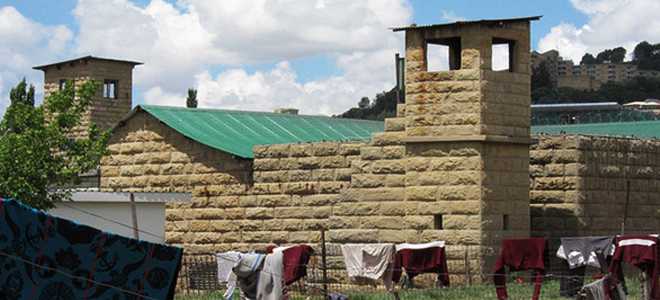Ntsoaki Motaung
Being on the wrong side of the law and institutionalised to learn good behaviour is the least challenge faced by children at the Lesotho Correctional Service Juvenile Training Centre.
The Centre’s current situation stands as a testament to the dire circumstances facing some of the country’s vulnerable youth.
The facility is grappling with a range of challenges, including poverty, hunger, and deteriorating infrastructure, as revealed by Superintendent Mohlanka Lehloenya, Head of the Juvenile Training Centre.
During the recent celebration of Mandela Day, hosted by the South African High Commission, Lehloenya shed light on the dire situation prevailing at the Juvenile Training Centre.
He disclosed that a chronic lack of food plagues the centre, resulting in children receiving unbalanced meals day after day.
“In the morning they only get sorghum porridge or even porridge made from maize meal because sometimes we run out of sorghum. For lunch, they will have pap and beans or peas and vegetables if we were able to plant any vegetables, and this is their routine for months or even a year,†explained Lehloenya.
“The situation will only change if someone has donated some food or they visited us and lunch was served,†he added.
Lehloenya further revealed that the centre’s infrastructure, built in the early 1970s, had been deteriorating over the years, raising concerns about the effectiveness of the rehabilitation process for detainees.
A major obstacle facing the centre, he explained, is the prevalence of poverty among the inmates citing that many of them lack adequate clothing due to their origins in remote areas of the country.
This makes it difficult for relatives or parents to visit and provide essential items. “Sometimes, they exchange their clothes amongst themselves when the other one is going to appear in court so that they do not look too shabby,†added Lehloenya.
The Juvenile Training Centre mostly houses young boys, about 70, with the majority of detainees aged between 11 and 17. A staggering number of them were convicted of sexual offences, while a smaller group of girls, not exceeding five in number, have been convicted of theft.
South Africa High Commissioner Constance Seoposengwe, speaking at the Mandela Day celebration, emphasised the importance of collaborative efforts to improve the lives of these juveniles.
“It takes a village to raise a child,†she stated, urging stakeholders and the business community to join forces to create a positive impact.
Seoposengwe expressed her commitment to supporting the development of the juveniles by contributing to the improvement of their learning environment.
“It is my second time celebrating Mandela Day with the juveniles while on the other hand contributing towards their development by ensuring that they have decent classrooms where they will be taught and feel like any other children who attend school,†she said.
Summary
- Being on the wrong side of the law and institutionalised to learn good behaviour is the least challenge faced by children at the Lesotho Correctional Service Juvenile Training Centre.
- During the recent celebration of Mandela Day, hosted by the South African High Commission, Lehloenya shed light on the dire situation prevailing at the Juvenile Training Centre.
- A major obstacle facing the centre, he explained, is the prevalence of poverty among the inmates citing that many of them lack adequate clothing due to their origins in remote areas of the country.

Your Trusted Source for News and Insights in Lesotho!
At Newsday Media, we are passionate about delivering accurate, timely, and engaging news and multimedia content to our diverse audience. Founded with the vision of revolutionizing the media landscape in Lesotho, we have grown into a leading hybrid media company that blends traditional journalism with innovative digital platforms.









